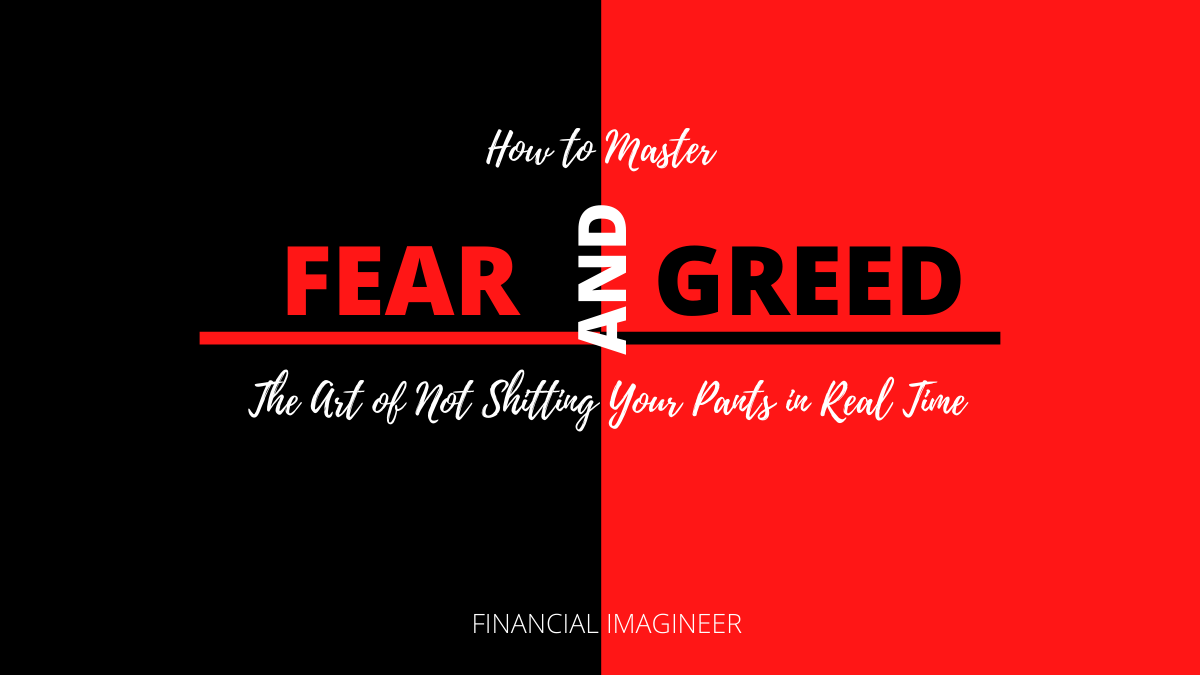Are you frightened when markets go crazy once again? Afraid of not making the rationally and scientifically proven right choices about investments and life? Suffering from keeping-up with the Joneses and chronic herding-fatigue?
Then you are more than ready to dive deeper into this post where we take apart the two most powerful human emotions that make our world go round:
Fear and Greed.
These emotions have the strongest impact on human behavior individually as well as on a collective level.
They impact your life and [financial] markets in a powerful way.
Read on if you like to understand and manage fear and greed to build a better, happier, and wealthier life.
Step 1: Understand what drives behavior
All free markets are driven by supply and demand. Hence, all transactions need at least three things:
A buyer, a seller and last: The first two need to agree on a price!
Imagine an increasing number of people chasing the same limited assets or resources. The more people like to buy and the less want to sell – the higher the price will climb for supply and demand to meet.
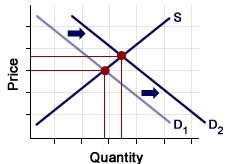
Usually if prices do climb higher, it attracts “more eyeballs” in society and even more people join the party. That’s how greed works and this is what makes financial bubbles grow.
On the other side, think of fear as when suddenly nobody wants to buy anymore but an increasing amount of people is eager to sell.
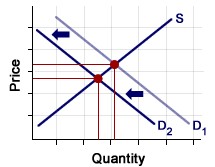
The price will drop until someone is eager to buy again. Price level will be defined by where sellers and buyers agree to transact.
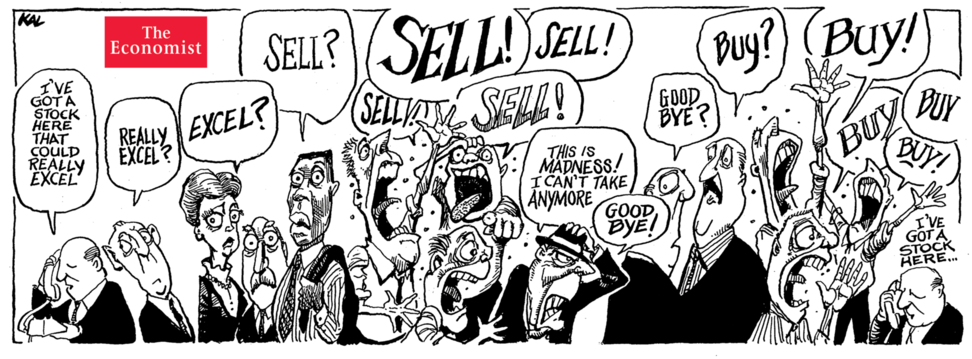
Markets reflect nothing else than the aggregated sum of individual behaviors.
And yes: It does get messy!
Step 2: Understand how markets work
In most fearful markets, people irrationally sell stock while in greedy markets people are looking to buy.
The wise ones may try to go against the heard and do the opposite, and as the saying goes, “buy low and sell high.” not otherwise.
My father has a great saying:
Some people are wise.
Some are… otherwise.
My dad
Before we draw to conclusions about how to make understanding fear and greed work for you, let’s go get a deeper understanding of them.
What is Fear
Fear is a deeply intriguing component of life.
In our culture, people believe failure is what to be most afraid about. Let me say, they got it all wrong. It’s the fear itself that is the most detrimental to success no matter what you’d like to achieve in your life.
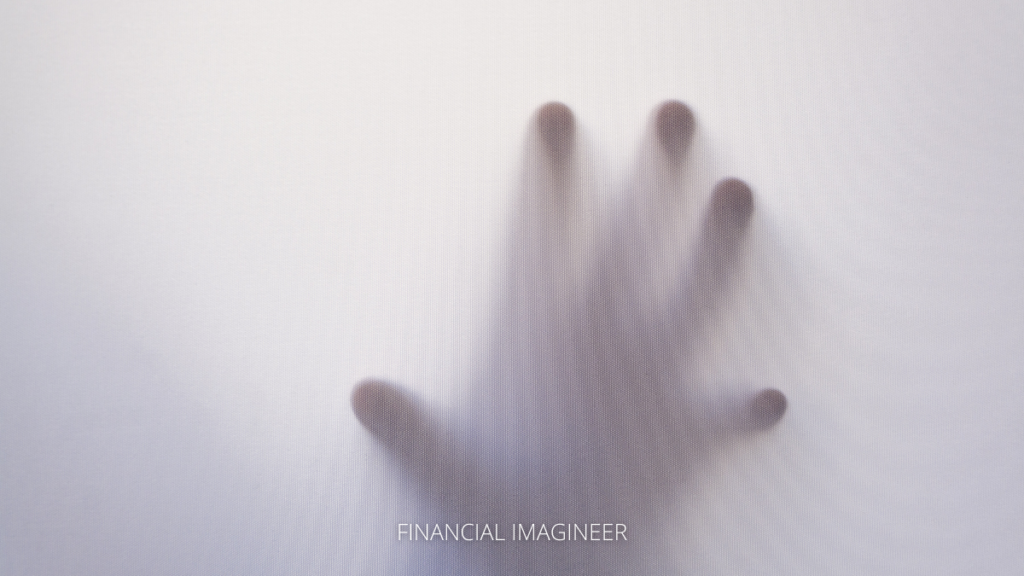
Fear…
It helped us with surviving.
Protected us from sabre tooth tigers.
But it holds us back.
It creates comfort zones.
It keeps us from pushing onwards.
However, in our modern society, fear is mostly the source of all that is wrong in the world:
Fear of failure: “I’m not good enough!”
Fear of embarrassment: “No one will care!”
Fear of starting: “What if I fail?”
Any of these sounding familiar?
Fear is the most sinister made up thing of all time and the guaranteed fastest way to live below your meaning and potential.
Action is the savior of dreams.
When was the last time you did something about it?
Use fear as a tool for growth and challenge yourself.
Learning how to push through fearful moments is most beneficial and shaping your character.
Afraid to try or go “do”?

Face your fears!
Ask yourself: What’s the worst thing that could happen?
You either win or you learn!
Keep learning until you win.
Find a way to the other side of fear because that’s where dreams become reality.
The other side of fear is where your world starts to change, if you just allow it to.
Fear can be so valuable, but at the same time so debilitating. It’s up to you to decide whether to use fear as a tool for growth or as a reason to settle in life. Whether we bravely overcome obstacles or hide away scared is up to you!
Fear can be the biggest killer of dreams.
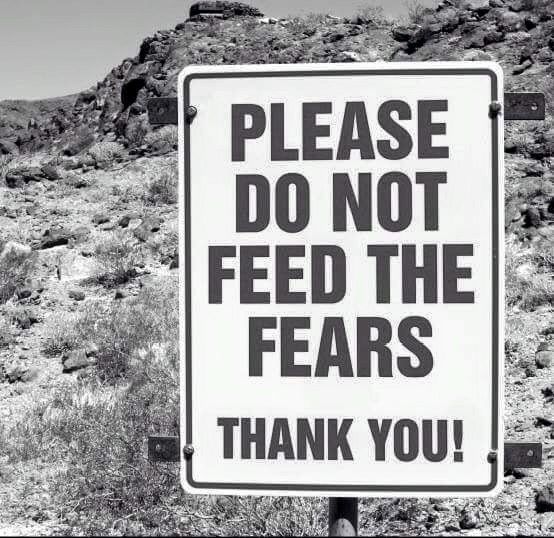
The sole difference is the decision of either overcoming fear and grow – or to allow fear to limit the life you dream of!
Instead of having fear killing your dreams, kill your fears!
Most of the good things in life are on the other side of fear indeed.
If you’re happy to sit at your desk and not take any risk, you’ll be sitting at your desk for the next 20 years.
David Rubenstein
Step 3: Kill your fears!
No fear!
What is Greed
Greed is a mostly uncontrolled longing to increase the acquisition or use: of material gain (food, money, land, any possessions) or social value (status, or power). During human history, greed has been identified as “undesirable” because it creates behavioral conflicts between personal and social goals.
Greed is a powerful thing.
In my view, it comes right after fear.
In terms of motivational power, it captures the essence of the evolutionary spirit. Greed can show itself in different forms. It was and still is the driving force pushing mankind forwards and upwards – through history.
That’s why in the 1987 movie “Wall Street”, Michael Douglas as Gordon Gekko preached his words: “Greed, for lack of a better word, is good.”
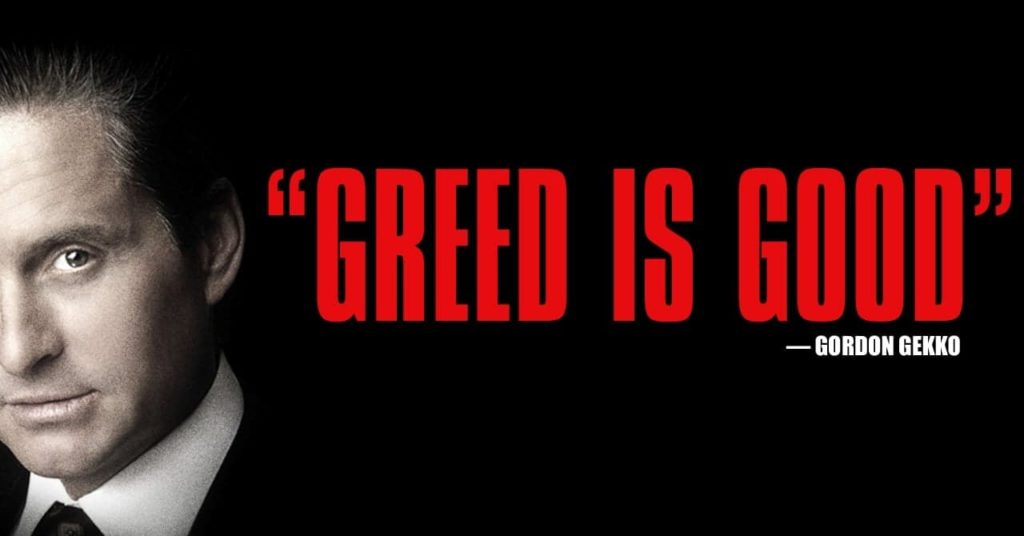
The problem: Greed comes with downsides. Every once in a while, greed causes asset bubbles where greedy investors keep buying and ignore all the flashing blinking warning signs of impending potential for a collapse.
The 2008 crisis was mainly caused by “sophisticated derivatives” constructs where the end product got abstracted by two to three dimensions from the underlying business case and due to broad diversification and lower transparence everything was made to look just fine.
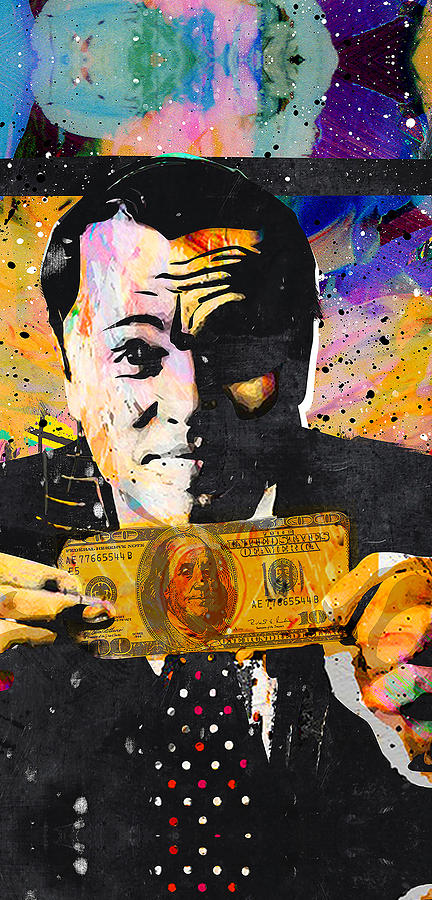
Don’t get me wrong, being ambitious is good. Wanting to get somewhere in life is great. Wanting to learn, achieve or grow is nothing but natural. As a trained economist myself I studied how a healthy form of greed is behind microeconomic decision finding.
If free market forces are left to themselves [meaning no government interference], the “good qualities of greed” appear. Goods and services will be exchanged at the most optimal allocation for all parties involved. The equilibrium point has its corresponding equilibrium quantity and an equilibrium price which leads to the most efficient allocation of scarce resources.
Would Wall Street, the economy or our capitalistic system function without greed? I don’t think so. Economic activity depend on the profit motive. Greed as such has never been left completely on its own on a macro level. Governments across the globe kept influencing markets. However, on a personal level we know what greed can do.
For a single human being the big problem is always the question: How much is enough?
Greed is a good motivator to chase ambitious goals, but the trap is often such that goals are getting adjusted higher and higher. Too much is never enough anymore. People tend to lose control over themselves. Greed often takes over when it comes to money and power.
Step 4: Learn to control your greed.
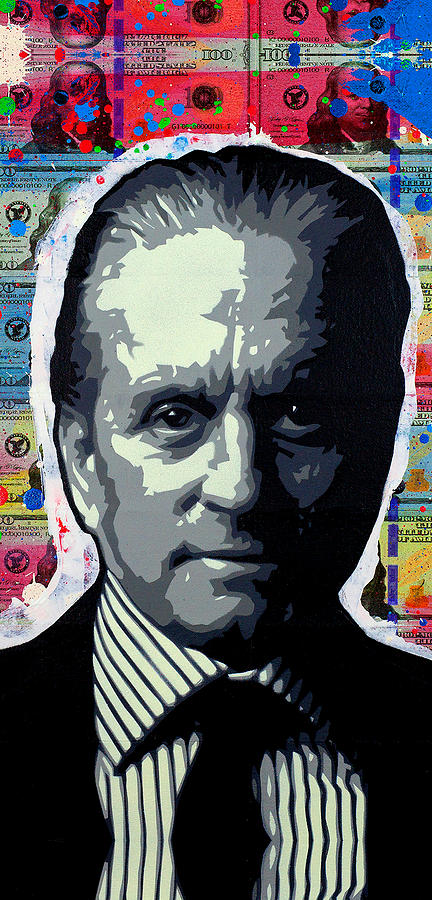
Overconfidence, lifestyle inflation, taking too many risks and trying to play bigger and bigger will often cost a lot. It can cost love, friendships, trust, or simply some money.
Beware: Greed is frequently used to sell stuff. If it’s not for fear, marketing often appeals directly to [your] greed. People will listen and buy.
How to conquer greed?
The Stoic mindset is the antidote.
Control your greed!
Know what you have.
Appreciate it.
Avoid lifestyle inflation, don’t let hunger for increased pointless over-consumption run your mind. Forget keeping up with the Joneses. Avoid herd mentality.
That’s where it gets problematic.
Lead your life and remember: True leaders remain committed to what really matters!
You are the leader of your life.
You run your mind.
Shitting Your Pants in Real Time
In this third part of this post, we will combine the concepts of fear and greed.
The initial motivation for (or purpose of) fear and greed and actions associated with it are the promotion of personal or family survival and safeguarding future opportunities. In our modern world, controlling fear and greed are still important as ever:
The hardest thing an investor ever must learn is to manage his emotions.
Fear, greed, overconfidence, impatience, desperation, panic… I’m certain if you read financial news every once in a while, you may have come across these concepts.
The key here is to avoid the mistake of letting fear OR greed paralyze and impact your investment decisions.
Watching CNBC on a perpetual loop will not make you a better investor. Following such news will simply give you either mental breakdowns or orgasms – depending on the “mood of the day”. Like a drug addict you’ll constantly be like “pheeewwww”, “oh gosh”, “aaah”, “yesss” or “noooo” and keep watching the garbage broadcast: Triggering you to take action when everyone else does!
You’d be shitting your pants in real time or suffer from orgasm exhaustion sooner or later.

You’d be riding the waves of fear and greed.
The wrong way.
Without control.
Yes, if you invest in stocks you will be exposed to volatility. Sometimes this volatility can become nerve wrecking. Once markets go deeply into the red, you will face the situation where you’d love to throw the towel and sell everything. On the other side when certain stocks grow through the roof up into the sky your greed will trigger the so called “fear of missing out” and you’ll join the ride at a rather stupid moment.
“Be fearful when others are greedy and greedy when others are fearful.”
Warren Buffett
Now you’ll say: Okay, I get it Matt. Don’t do what the others are doing. But hey, how would you suggest dealing with stock market fluctuation then?
First, understand that volatility is part of the game. You and me, we can’t control it. Stocks will fluctuate today, tomorrow, next week. It doesn’t matter if you look – or not. Neither does it matter if you like it or not.
Sometimes people claim they prefer real-estate investing over stocks because of lower volatility. I’m also a great fan of real-estate investing by the way. But now, imagine you’d have a crazy neighbor. Imagine this neighbor would scream the actual real-time price of your home over the fence. Every. Fucking. Minute.
How would you feel about that?
I’d say you’ll probably get yourself earplugs.
You don’t check the real time value of your home.
So why would you do it with stocks then?
Ignore the Noise, off the media.
No worries, with time you will grow into this!
Step 5: If you can’t control it. Learn not to let it control you!
The stock market is a device to transfer money from the impatient to the patient.”
Warren Buffett
If you’re a well-diversified long-term investor, the only media I’d allow you to watch on a “red day” on Wall Street is this one here:
A Guided Meditation for When the Stock Market Is Dropping
By JL Collins
The Fear and Greed Index
In the last part of this post, we learn how understanding fear and greed can be useful whilst navigating the seven capitalistic seas.
Many traders use technical, fundamental, or other quantitative analysis. However, market swings are largely driven by human emotions. Hence, the sentimental one analysis is often overlooked.
The “Fear and Greed Index” can help you read the market sentiment. Please beware, you can never base your trading decisions just on this indicator alone. It should be used as a supplement to complement your initial strategy.
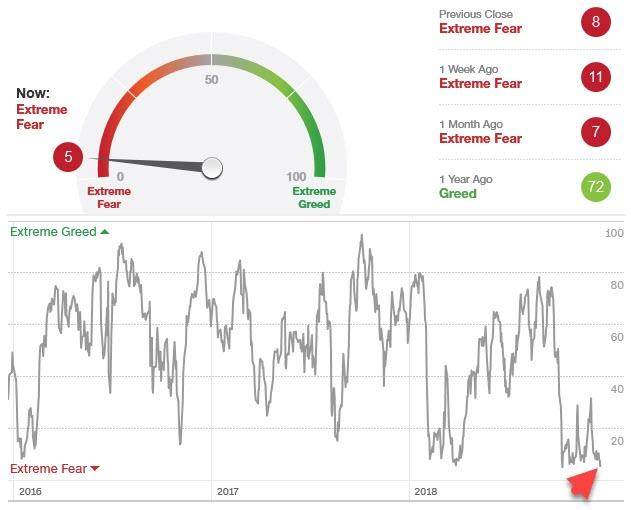
Understanding this indicator is relatively simple:
- extreme fear indicates possible buying opportunities
- extreme greed indicates a market correction could be expected
The key to making money in stocks is not to get scared out of them.
Peter Lynch
One simple way to apply this would be to rebalance your asset allocation based on certain readings of the index. If the index shows fear, you could reduce your bond or precious metal allocation and increase equity allocation. Or vice versa if the index shows greed.
This is the simple and easier way to make use of it.
Disclaimer: Beware – this is not direct investment advice but rather an introduction of concepts to help you expand your financial literacy. Execute and trade at own risk.
Having been a Wealth Manager and helping sophisticated investors with their money for most of my professional life, let me introduce to some more options here.
Greed Stage:
If markets are high and the Fear & Greed index is above 80 points, a correction of roughly 8% can be expected (data since 2011 till 2020). A high index reading usually also indicates low volatility and a good chance to reduce holdings.
Actions to consider:
- Sell covered call options on your holdings/ the index
- Use proceeds of 1. to buy put options on the same holdings to install a hedge
In short: Reduce exposure and hedge potential downsides.
Fear Stage:
If markets are fearful, volatility is generally high, and stocks are relatively cheaper. One thing is rather for sure, markets will not remain in fearful territory for very extended periods of time.
Actions to consider:
- Buy an inverse VIX ETN such as the SVXY – let go again once situation normalized
- If you plan to increase your equity allocation: Sell puts on your desired additions at desired strike price levels, collect premium and wait.
In short: Sell fear, sell volatility, potentially increase exposure.
If you’re as passionate about investing like me, learn to listen to the heartbeat of the market. Add the VIX and Fear and Greed index to your watch-list!
Step 6: Learn to listen to the heartbeat of the market.
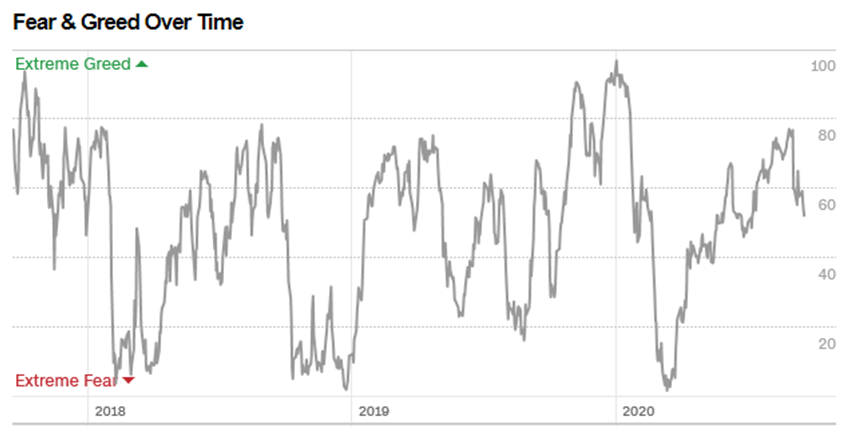
Beware, the Fear & Greed Index is not an official index or tool, it’s a construct by CNN. Understand how it’s calculated and take note that CNN may change the way it’s calculated going forward without notification.
The wealthy know the short-term stock market is driven by emotions such as fear and greed.
The average think it’s solely driven by logic and strategy.
They fear when they should be buying.
… hope when they should be cautious
… get greedy when they should be selling
The wealthy have a powerful advantage over the average though:
They have maneuvered themselves in a position where they can allow themselves to take risks.
If your capability to take risks is not there yet, work on it!
Taking calculated risks and expanding your capacity to take on more risks, to build your assets and cash-flows is one of the best kept “millionaire’s secrets” there is!
Step 7: Put yourself in a position where you can allow yourself take risks.
Financial independence allows people to take more small, calculated risks – over and over again.
But remember: Pigs get slaughtered.
“Bulls make money, bears make money, pigs get slaughtered”
old Wall Street saying that warns investors against excessive greed
The more risks you can take, the less you will shit your pants the going gets tough and the more exposed to the upside you will be when the tide will turn once again!
Happy conquering your fears!
Matt
If you liked this post, please consider subscribing to my blog by email, liking my Facebook page or follow me on Twitter, more details here:
